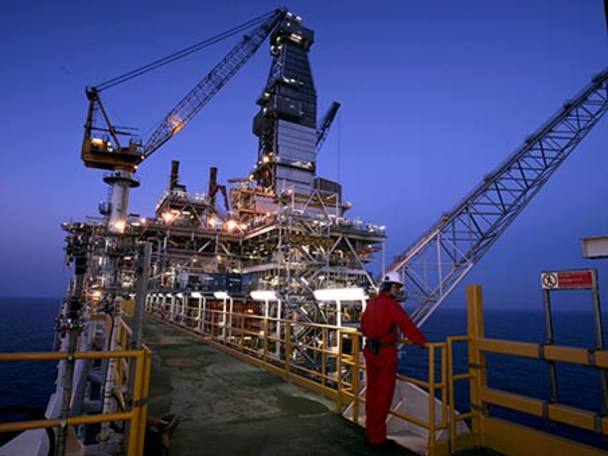A share price fall can be a great buying opportunity so long as the fundamentals behind a business haven't deteriorated and the investment case remains intact. And that's exactly the situation right now at Thalassa (THAL), a fast-growing provider of niche offshore seismic services to large oil companies, helping them to better monitor a producing reservoir over the life of the field. The company's shares have fallen over 40 per cent in value during the past few months following substantial profit taking and a wider sell-off in small-cap growth stocks. Yet its underlying business continues to go from strength to strength, giving investors a chance to open or add to a position at a bargain price.
- Bargain valuation
- Double-digit profit growth
- Solid order pipeline
- Strong « balance sheet
- Uncertain guidance in trading update
- Placings dilute earnings this year
Strip out forecast year-end cash from the current share price and adjust for interest income, and Thalassa’s shares trade on just 10 times earnings forecasts for the current year, falling to just eight times in 2015. That lowly rating belies double-digit profit growth forecast for 2015 (expected to follow a hiatus this year) as well as Thalassa's strong growth record in the three years to the end of 2013 (see table).
Thalassa's sharp share price decline is all the more intriguing given the company issued a positive trading update just last month. Management confirmed Thalassa "has experienced good trading in the year to date", while the board "remains confident that Thalassa will deliver another satisfactory performance for the year ending 31 December 2014".
Granted, Thalassa stopped short of saying it will meet current market expectations for the first half, leaving a minor degree of uncertainty ahead of its interim results which are expected in early September. And some companies in the wider oil services industry have pointed to delays in customers committing to orders lately. But Thalassa delivered no fewer than three key contract wins in the first six months of the year and successfully started the permanent reservoir monitoring survey over Statoil's Snorre field in the North Sea, so we’re not overly concerned.
Neither is analyst John Cummins of broker WH Ireland. He also left his forecasts unchanged following the trading update and wrote in a recent note to clients that "the business continues to be extremely well positioned to deliver further significant growth over the next few years given the ability to provide bespoke, cost-effective solutions to oil majors in the offshore seismic market".
THALASSA (THAL) | ||||
|---|---|---|---|---|
| ORD PRICE: | 171p | MARKET VALUE: | £43m | |
| TOUCH: | 170-172p | 12-MONTH HIGH: | 317p | LOW: 171p |
| FORWARD DIVIDEND YIELD: | nil | FORWARD PE RATIO: | 14 | |
| NET ASSET VALUE: | 204¢ | NET CASH: | $32.2m | |
| Year to 31 Dec | Turnover ($m) | Pre-tax profit ($m) | Earnings per share (¢) | Dividend per share (¢) |
|---|---|---|---|---|
| 2011 | 2.4 | 0.4 | 5 | nil |
| 2012 | 14.0 | 1.3 | 12 | nil |
| 2013 | 30.6 | 5.0 | 26 | nil |
| 2014* | 36.5 | 5.0 | 16.9 | nil |
| 2015* | 41.6 | 6.1 | 20.8 | nil |
| % change | +14 | +22 | +23 | - |
Normal market size: 2,000 Market makers: 6 Beta: 0.76 £1=$1.67 *WH Ireland forecasts | ||||
That's in part because Thalassa raised $35.5m (£22.5m) last year via two placings to provide the necessary working capital to fulfil expected new orders and invest in equipment. It is currently carrying out a $10m (£6m) 2014 capital expenditure programme to upgrade some of its older systems, as well as develop new products. That should allow Thalassa to convert more of its impressive order pipeline - totalling $142m as of March 2014, or roughly four times annual sales - into money-generating contracts. Even after factoring in the capital spending plans, Thalassa is expected to end this year with around $28.5m in cash, equivalent to roughly 68p a share.
True, EPS will fall this year because of share dilution from the placements, while pre-tax profits are expected to be flat because of increased investment and exceptional costs such as moving the head office. But profits are forecast to grow by double-digits next year and we expect further outperformance should the group keep securing additional large seismic contracts.










